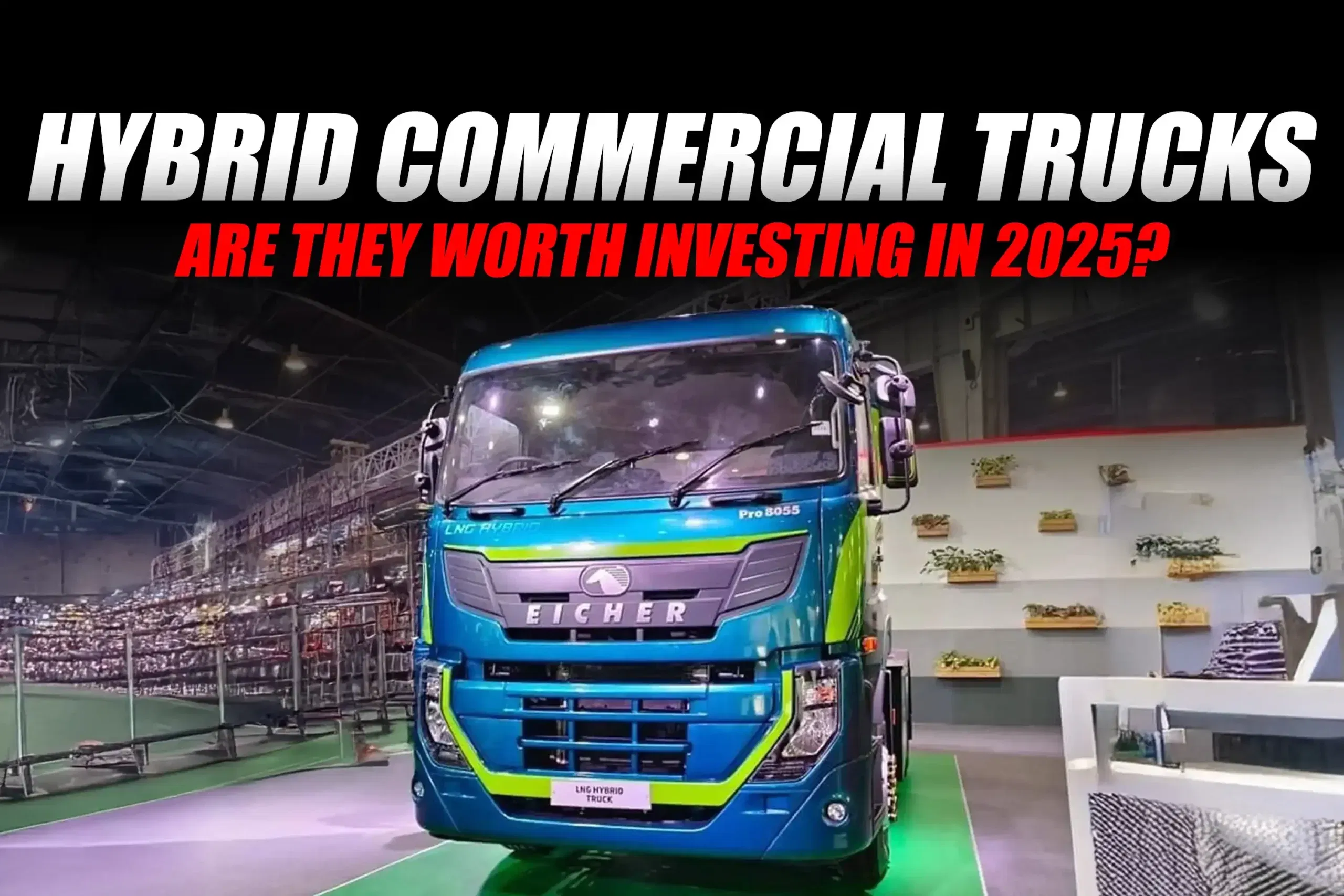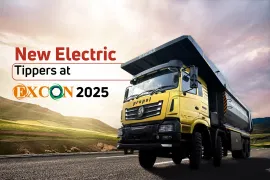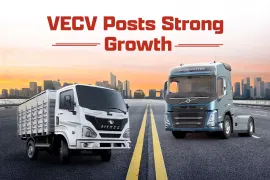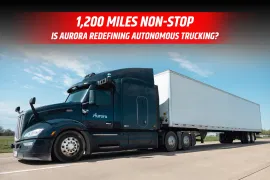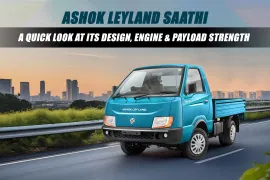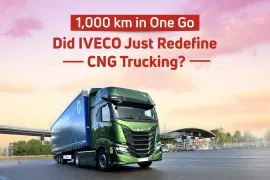The commercial vehicle market in India is changing rapidly. Fleet owners have to rethink their vehicle investments since fuel prices are going up, emissions standards are getting stricter, and technology is getting better. More and more people are seeing hybrid commercial trucks, which use both diesel engines and electric motors, as a possible choice. But in 2025, the question is: are these trucks worth the money?
Understanding Hybrid Commercial Trucks
Hybrid trucks integrate a diesel engine with an electric motor. The electric motor supports the engine during low-speed driving, frequent stops, or idling. Meanwhile, the diesel engine handles long-distance travel and heavy loads. This combination reduces fuel consumption and emissions while maintaining operational flexibility.
Unlike fully electric trucks, hybrids do not depend solely on charging infrastructure. Their design allows fleet operators to adopt greener vehicles without waiting for extensive electric charging networks.
Market Overview
According to the research conducted by Research and markets globally, the hybrid truck market is growing steadily. In 2025, it is valued at approximately USD 21.3 billion. By 2034, it is projected to reach USD 42.1 billion, reflecting a 7.8% compound annual growth rate.
The market rises faster in India. It is expected to expand from USD 10.3 billion in 2024 to USD 84.3 billion by 2033, with a Compound Annual Growth Rate (CAGR) of 26.35%. The reasons are rising fuel prices, stricter pollution rules, more people caring about the environment, and government incentives like FAME-II.
Benefits of Hybrid Commercial Trucks
Efficiency of Fuel
Hybrid trucks use less fuel, especially when driving in cities. The electric motor does most of the speeding up and slowing down, which makes the diesel engine work less. This saves fleet operators who work in cities a lot of money in the long run.
Less Pollution
India is making its emission requirements harsher. Diesel trucks let out more pollution than hybrid trucks. They help businesses follow the rules and keep the environment stable.
Maintenance Benefits
Electric motors make the diesel engine work less hard. Regenerative braking makes brakes last longer. Hybrid systems are complicated, but these things can help minimize the cost of maintenance.
Challenges of Hybrid Trucks
Higher Initial Cost
The price of a hybrid truck up front is more than that of a regular diesel truck. The initial expense may be hard for small and medium-sized firms to handle.
Limitations of Infrastructure
Hybrid trucks need less charge than electric trucks, however there isn't much service and maintenance support outside of big cities.
Payload Reduction
Batteries and electric motors make things heavier. This can lower the maximum cargo capacity in some circumstances, which might make things harder for some logistics organizations.
Final Thoughts
Hybrid commercial trucks are a good middle ground between diesel and fully electric trucks. The initial cost is higher, but they lower emissions, lower fuel costs, and may even lower maintenance costs. In 2025, hybrid trucks are a smart and forward-thinking alternative for organizations that want to improve the environment, do short-haul operations, or focus on urban logistics. The choice should take into account the demands of the fleet, how it operates, and its long-term goals.
For more articles and news, stay updated with 91trucks. Subscribe to our YouTube channel and follow us on Facebook, Instagram, and LinkedIn for the latest videos and updates from the automotive world!
Related Stories:
Web Stories
Latest Trucks News
Categories
91trucks is a rapidly growing digital platform that offers the latest updates and comprehensive information about the commercial vehicle industry.
